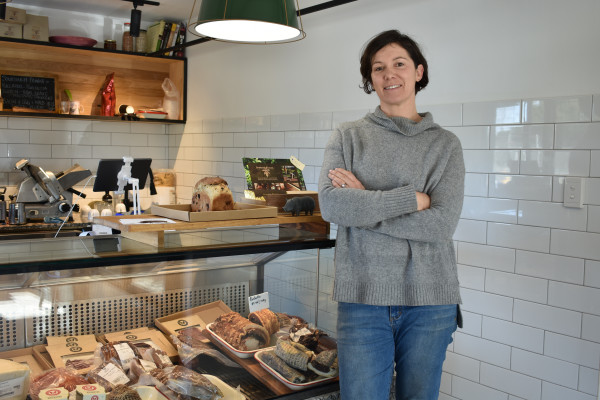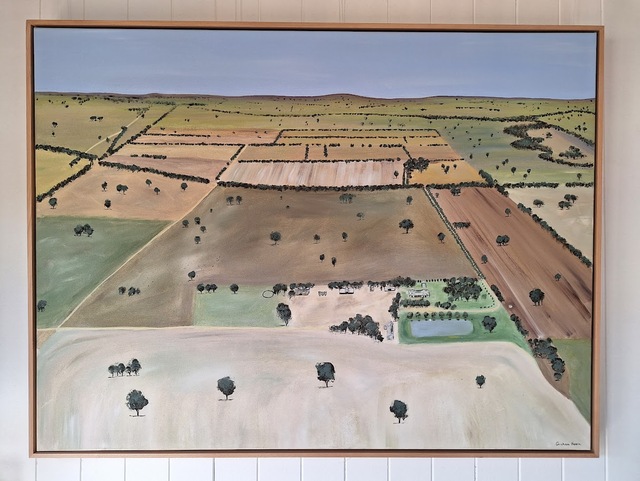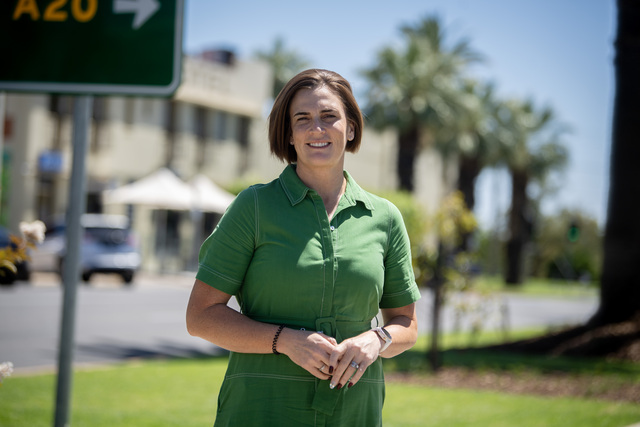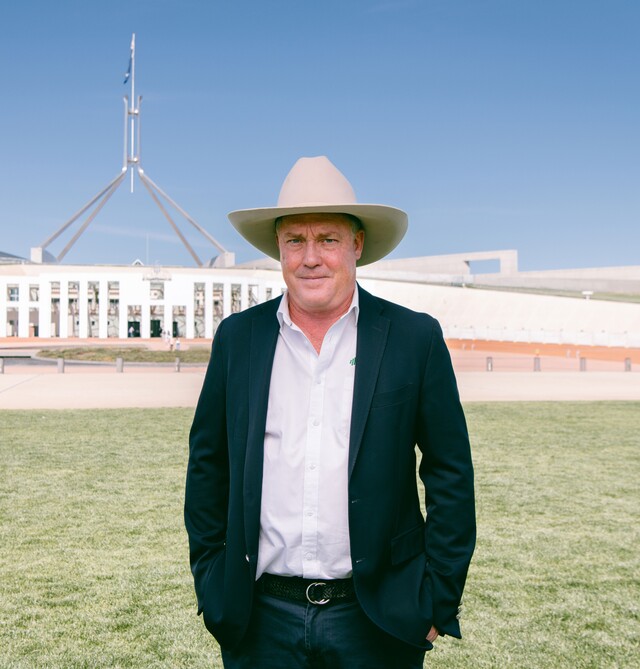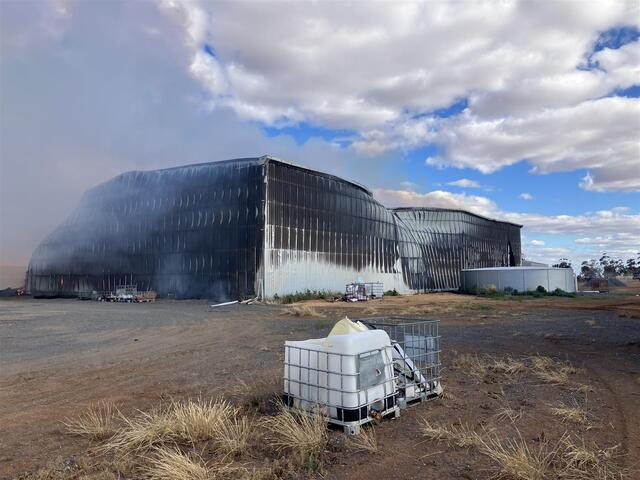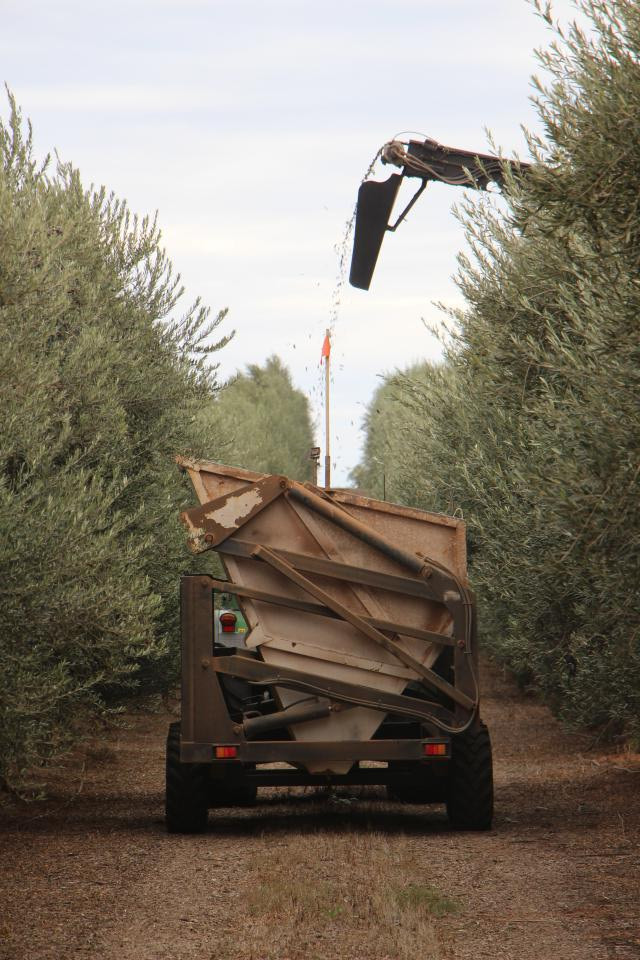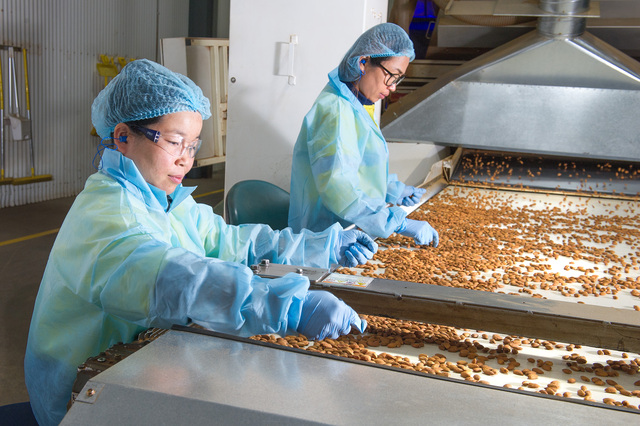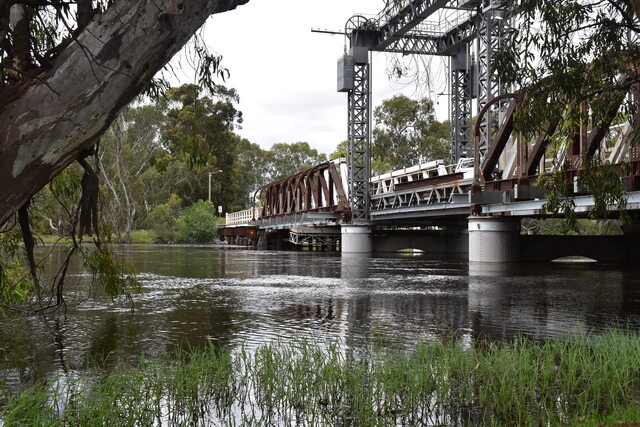THE one thing farmers can’t produce is time.
Barham’s Lauren Mathers often wakes up and wonders where the past seven years have gone.
She has husband Lachlan and their children Lucy, 13, Frida, 11, and George, 7.
He works on and off the farm. They also help Lauren run the free-range Bundarra Berkshires, which has more recently been expanded to include meat chickens (mostly sommerlads and Australian bresse), eggs and now a small boutique beef business focused on jersey and friesian crosses (especially with wagyu) to produce an extra-aged product with extraordinary marbling and taste.
In her spare time – for those seven blurred years – Lauren has also been one of the driving forces behind the Murray Plains Meat Co-operative and its long-awaited, and still waiting, Barham micro-abattoir.
As if that isn’t enough to fill your day, Lauren to her great surprise recently found herself a finalist in The Shine Awards – in the Belief category.
She didn’t win, she has no idea who nominated her, and didn’t know a thing about any of it until she got the call advising her she had made the cut for the finals.
“No one has confessed to me they were behind the nomination,” Lauren laughs.
“The award was focused on the micro-abattoir, and that has been the work of every member of the co-op, not just me, or any one of us.
“So I actually felt a bit of a phony getting my name in the awards.
“Getting the abattoir to its current point has been a long road, seven years of slog, and while the actual build is now finished, the hard work still isn’t.
“We have to go through a series of audits and tests.
“We have passed the online, or desktop one, about how, why and what we plan to do, but we still have to deal with the NSW Department of Primary Industries, which will want to follow us through a full-blown processing trial to check if there are any issues. Then it is more approvals from Murray River Council.”
Lauren is under no illusions. The abattoir seems so close, but she says these final hurdles are very high ones to jump and “it is a real challenge for everyone to see what we have”.
She says in the perfect world it will all be fine and sail through, but it could also get a conditional or probationary approval, to open with some points to be finalised within, for example, the first three months.
Or it might all be rejected and they will face as much as another 12 months to again get the paperwork ready for sign-off.
With abattoirs that offered a variety of processing facilities shutting down, or stopping custom kills, one after the other, the group of western Riverina farmers decided to bite the bullet and build their own.
Not least because for some producers, such as Lauren, processing means two trips a week – at a whopping 1300km – every week.
It was simply demanding so much of her time and, in particular, her family time.
“Maybe we were all a bit naive, and a lot ambitious, even desperate, for a solution to our processing problems,” Lauren recalls.
“I’m not sure we realised how long and onerous a process it would be.
“Just dealing with the reactions of neighbours and the wider community was a big ask.
“It called for a lot of communication and transparency to try and remove the stigma which comes with the word ‘abattoir’.”
When operational, the micro-abattoir will process cattle, buffalo, lambs, goats, pigs, chickens, ducks and turkeys, capped at 720 tonnes a year.
“It is all about producing high-quality carcasses and high-quality meat,” Lauren says.
“There is a real need for it and we’ve had an amazing interest from people who can’t get their carcasses processed and are struggling with the price of freight.
“It is pretty exciting for anyone who has a business like ours or anyone who wants to start one.”
The project has been funded by $2.5 million in farmer investment and government funding, with members from Deniliquin to Wakool, and Boundary Bend to Echuca.
There have been reports the abattoir might be open as soon as April but Lauren dismisses those, saying this final stage is a lot more complicated and time-demanding and the opening is dependent on the upcoming processing audit.
“The whole thing has been an incredible learning experience, doing things we might never have done, from consulting with engineers and other industry experts – it has been fantastic in that way and we have learnt so much about so much,” she says.
“Would I do it again? I don’t think I would for myself, but with what we have all been through and what we have learnt, I really would look at steering a similar project for another producer group.
“I love projects (and it helps to have a dash of OCD and ADHD), love being part of a producer group such as ours, and it is all something of which we can all be proud.”
The Mathers have paid a personal price for their commitment to the group project.
Their primary business, Bundarra Berkshires, has been more on the backburner than they would have expected for the seven years.
Lauren says their approach has been cautious as they simply haven’t had the time to push it as hard as they otherwise might have.
“I have missed a lot of things, family things, with the business, the abattoir, markets, meetings, negotiations and planning,” Lauren says.
“The kids do just about everything with us, but it has still been hard, things have still been missed.
“It’s hard on them as well as us, but we also believe it has given them an insight into real life values, as well as a work ethic, and that would be a good result too.”

